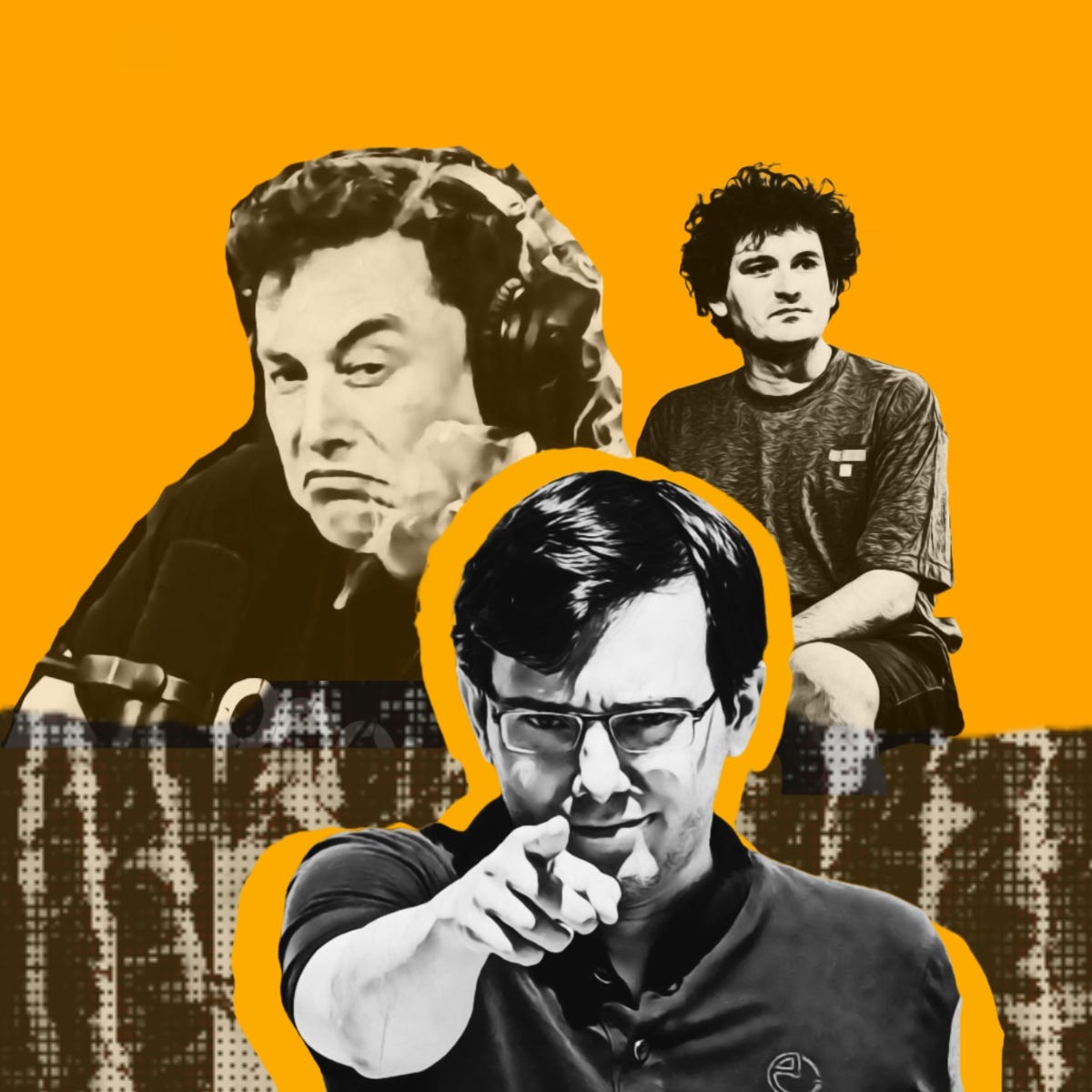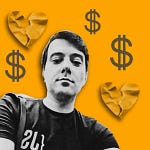Eight years after he hiked the price of Daraprim and was christened the “Pharma Bro,” the world finally got ridiculous enough to accept, and maybe also forgive, Martin Shkreli.
There was no redemption narrative. Still shockingly impervious to hitting “rock bottom,” he snapped back into all his old habits after prison – including spinning elaborate fantasies, falling short of his promises, and endlessly collecting Discord groupies. He didn’t atone for past mistakes or demonstrate any meaningful signs of emotional growth. Martin was still Martin.
What had changed was the context around him. During his time in prison and in the year after his release, a wave of narcissistic, immature, unruly, authority-snubbing man-children catapulted to ever-more spectacular heights and exploded into ever-larger supernovas of infamy.
“Crypto bros,” who arose from a multi-trillion-dollar asset class fueled almost entirely by sophomoric humor and pandemic boredom, eclipsed Martin’s frauds. Day traders who congregated on the subreddit WallStreetBets and looked to Martin as an inspiration accomplished incredible feats of meme-based market coordination that he could only dimly fathom.
And then there was the Final Boss of the man-boy movement, the world’s wealthiest human Elon Musk, who LOL’ed his way into a financially nonsensical $44 billion takeover of Twitter.
Stacked against their absurdities, Martin looked, well, kind of normal. On some dimensions, he even came out ahead. Slowly but surely, members of the press started to notice the differences and make roughly favorable comparisons.











